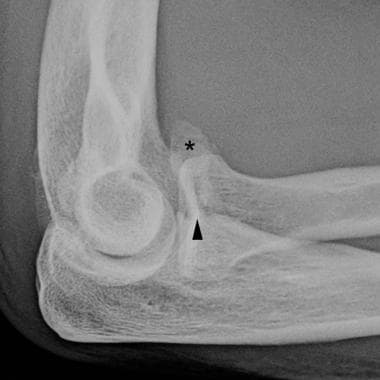

Rest and stopping the activity that produces the symptomsĪnti-inflammatory medicines (such as ibuprofen or naproxen) It’s important to avoid the movement that caused your injury in the first place. An MRI of your neck can show if arthritis in your neck, or disk problems in your spine are causing your arm pain.Įlectromyography (EMG) of your elbow may show if you have any nerve problems that may be causing your pain. Magnetic resonance imaging (MRI) can show your tendons and how severe the damage is. In some cases, you may certain tests, such as:Īn X-ray to look at the bones of your elbow to see if you have arthritis in your elbow. Your healthcare provider can usually diagnosis your tennis elbow by a physical exam. Always see your healthcare provider for a diagnosis. The symptoms of tennis elbow may resemble other medical problems or conditions. A weak grip is another symptom of tennis elbow. You may also feel pain when you try to lift and grip small objects, such as a coffee cup. Pain may also persist when you place your arm and hand palm-down on a table, and then try to raise your hand against resistance. If you continue the activity that caused your condition, the pain may spread down to your wrist, even at rest. However, you may experience symptoms differently.Īt first, you may have pain, burning, or an ache along the outside of your forearm and elbow. The following are the most common symptoms of tennis elbow. Using repeated hand motions in various professions, such as meat cutters, musicians, dentists, and carpenters Other causes of tennis elbow include:įrequent use of other hand tools on a regular basis The problem can be caused by any repetitive movement. However, many people who suffer from tennis elbow do not play tennis. Hitting the ball off center on the racket, or hitting heavy, wet balls Other racquet sports, like racquetball or squash Using a tennis racket that is too tightly strung or too short When making a backhand stroke in tennis, the tendons that roll over the end of our elbow can become damaged. Your forearm muscles, which attach to the outside of your elbow, may become sore from excessive strain. Tennis elbow, as the name implies, is often caused by the force of the tennis racket hitting balls in the backhand position.


 0 kommentar(er)
0 kommentar(er)
